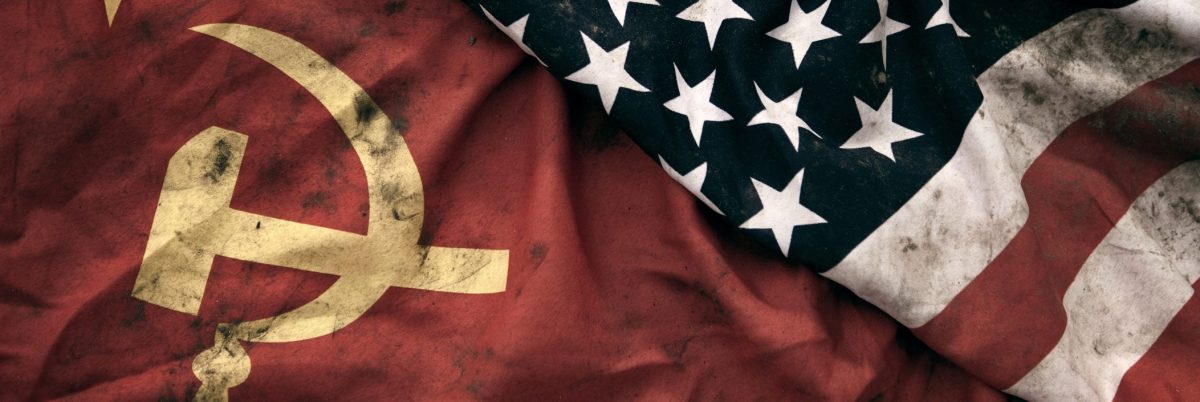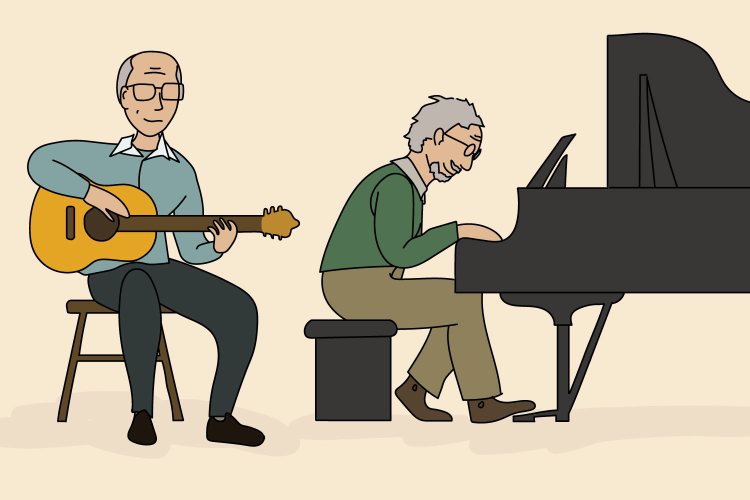The CIA officer was starting to get a funny feeling about Heinz Felfe.
On a chilly morning in Berlin in 1957 the officer had gone to Felfe’s hotel room to check in on him. Felfe was normally based in western Germany but he and the officer had traveled to the divided capital on a secret mission – to meet with a secret agent they both knew.
Before the two split up upon reaching Berlin, Felfe told the officer he’d likely pass the first evening at a movie.
But then a curious thing happened. A cable came in from the West German intelligence service, Felfe’s employer, saying they were concerned about Felfe’s safety and asked that the CIA stay close to him.
So the next morning, that’s what the CIA office prepared to do. Before Felfe started acting strangely.
A declassified CIA study describes what happened:
“Located at his hotel at 0800 the next morning, Felfe invited our liaison officer to breakfast. Without being asked to account for his time, Felfe volunteered that he had gone to the movie at 1830, had had something to eat and drink, and had then gone to another movie at 2230. Again without being asked or challenged, he exhibited two movie tickets.
“This voluntary display of props to support a story struck the liaison officer as quite unusual,” the study says.
But then a telltale detail: “Equally unusual was the fact that the stub was torn off only one of the tickets…”
The CIA officer played it cool and let Felfe get back to his breakfast, but later wrote up a report about the man’s “disappearing act.”
Luckily for Felfe, and unluckily for the CIA, the suspicious account was one among many suspicious accounts recorded by Western security services – but not shared with one another.
Only years later did the CIA find out that Felfe had actually gone to meet a KGB officer that night, as he had many, many times over the years, under the collective noses of Western intelligence.
According to the CIA, “of the identified KGB penetrations of Western intelligence and security services, Heinz Felfe was certainly one of the most successful.”
A former Nazi, Felfe managed to join West German intelligence after the Second World War where he worked for 10 years, six of them as “deputy chief of the section responsible among other things for countering Soviet espionage.”
The trouble was, of course, that he was a Soviet spy himself – and valuable enough that the Soviets allowed him to “burn” other Soviet recruits in order to gain prominence for himself within West German intelligence.
The CIA study says the Soviet Union was aggressive in recruiting former Nazis as double agents. “In this group for which conspiracy had become a way of life, the Soviets could also make an ideological appeal – continued hatred of the United States combined with respect for authoritarian Soviet power.”
Felfe’s life of international deception began in 1947 when he began spying for British intelligence, but within a few years they recognized that Felfe was a potential security risk – a fear they never shared with German intelligence, according to the CIA.
Felfe was recruited to the KGB in 1950, at the urging of an old ex-Nazi friend, and the two were able to eventually able to secure jobs in West German intelligence – the beginnings of a long-term plan to strike back at the U.S. through allied intelligence.
Throughout the 1950s the Soviets ran elaborate operations through Felfe designed to gather intelligence on the West Germans, identify CIA officials and generally confuse and distract allied intelligence.
Despite a number of instances where Felfe’s behavior stood out to his colleagues and those from other intelligence agencies – like the movie stub incident – no one put two and two together until they were told bluntly that there was a problem.
The CIA study says, “The security situation continued to fester in this way until early 1959, when finally a report from a high-level penetration source shot us into action.
“In March 1959, Michal Goleniewski, a senior officer in the Polish Intelligence Service [then allied with the KGB] reported to us that the KGB had had two agents in the BND [West German intelligence] group which visited the U.S. in September 1956,” the study says. “On the basis of this information and several other leads from Goleniewski, and despite some questions concerning Goleniewski’s bona fides, CIA began a quiet, closer investigation of suspect KGB agents in the BND.
“The investigation centered on Felfe.”
The CIA began following Felfe around and tapped his phone.
Still, it wasn’t for another two years that the CIA had enough circumstantial evidence against Felfe – and that Goleniewski had safely defected – that the agency told West German intelligence.
West German intelligence quickly became suspicious of a summer house Felfe had built and began monitoring it. That led them to another Soviet penetration – Felfe’s friend from a decade before.
Other clues fell into place.
“In the summer of 1961 Felfe began dropping remarks about having received a large bequest from a recently deceased aunt in the U.S. CIA checked and found the aunt very much alive and that there was no record of her having made any foreign money transactions,” the CIA said.
On a trip to Vienna, Austria, the CIA watched Felfe leaving his hotel when no official duties were scheduled.
“It was a Sunday morning, when the Vienna streets were quiet. Felfe drove very fast, made several U-turns and crashed a red light,” the CIA said. “It was later learned that Felfe met with [another KGB informant] barely ten minutes after the surveillance had been broken off.”
Finally, in October 1961, Felfe was arrested – caught red-handed with a note from the KGB informant in his wallet.
“Thus ended, nearly ten years to the day, Felfe’s career as a West German intelligence officer,” the CIA study says.
This article was featured in the InsideHook newsletter. Sign up now.























